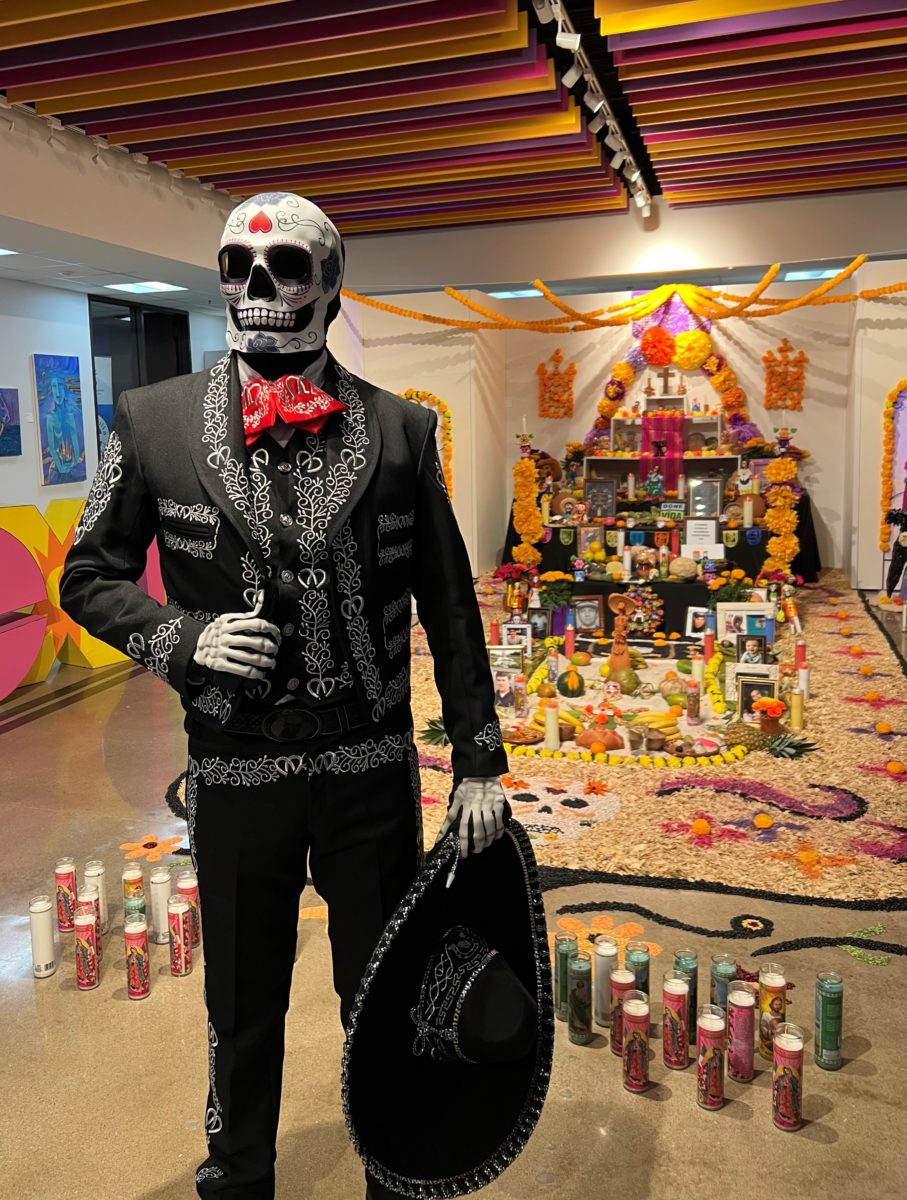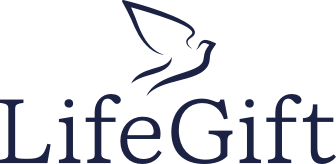LifeGift Participates in Consulate of Mexico’s Day of the Dead Ceremony
October 31, 2022
Día de Muertos, also known as “Day of the Dead”, is a tradition-filled three days when families remember and share memories of their departed loved ones. Friends and families participate in a variety of activities including lively processions and parades, and traditional dress and altar building.
Day of the Dead is observed on October 31st to November 2nd when all souls of the dead are believed to return to the world of the living and anyone who led a pure life, particularly children.
It’s primarily a Mexican tradition, but other countries around the world also honor the deceased. In the Philippines, relatives visit the graves of the dead, bringing flowers and lighting candles. In Brazil, there is Dia de Finados. And in many other countries, including the United States, November 2nd is similarly recognized as All Souls’ Day.
A special thanks to the General Consulate of Mexico in Houston/Consulado General de México en Houston for offering LifeGift an opportunity to create an altar to honor organ tissue and eye donors who gave others life. For more than 20 years, the Consulate General of Mexico has celebrated the Day of the Dead through a series of events including an altar exhibit. Each year, the Consulate invites their community partners to put up an altar to honor those who are no longer with us.
“The Celebration of the Day of the Dead has become one of the most important cultural expressions of the Mexican identity around the world,” says General Consulate of Mexico’s Diana Alejandra Vázquez Pinto, consul for community affairs. “It’s an honor for the Consulate to share this celebration with the city of Houston. It also shows the impact and growth of our community and how important it is to value the diversity that makes our city so vibrant.”
Currently 42% of the people waiting for a transplant in Texas are Hispanics. * Multicultural communities often wait longer on the national organ transplant waiting list for a life-saving gift because there are not enough donors from within their own communities. Although donation and transplantation can take place between individuals from different racial or ethnic groups, transplants have a higher likelihood of success when organs are matched between members of the same racial or ethnic background.
For more information about the General Consulate of Mexico in Houston. For information about organ, tissue and eye donation in our multicultural communities, please visit LifeGift’s website. To view the photo gallery, please click here.
Source: Organ Procurement & Transplantation Network (OPTN)



